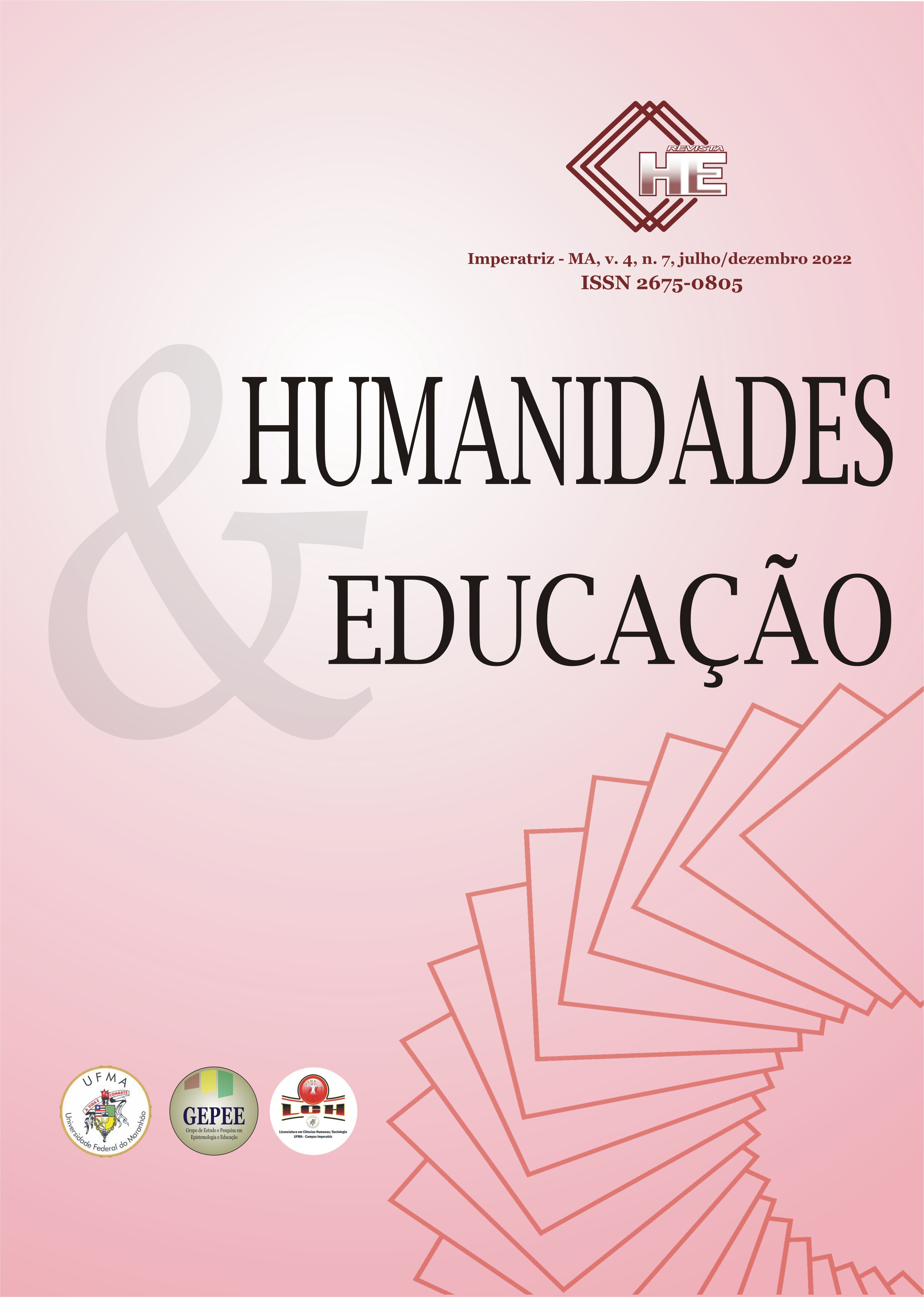UM DIÁLOGO TRANSDISCIPLINAR ENTRE BOURDIEU, BERNSTEIN E A ANÁLISE DE DISCURSO CRÍTICA
DOI:
https://doi.org/10.18764/2675-0805v4n7.2022.10Palavras-chave:
Transdisciplinaridade, Bourdieu, Bernstein, Análise de Discurso CríticaResumo
Neste texto, apresento a contribuição de aspectos teóricos nos trabalhos de Pierre Bourdieu (1990; 1991; 1998) e Basil Bernstein (1990; 1996) para alguns construtos da Análise de Discurso Crítica, tal como exposto por Norman Fairclough e Lilie Chouliaraki em Discourse in late modernity (1999). Esses aspectos teóricos são os conceitos de “campo” (champ/field), em Bourdieu e Bernstein, “habitus”, em Bourdieu, e “voz” (voice), “enquadramento” (framing), “mensagem” (message) e “recontextualização” (recontextualisation), em Bernstein, os quais são comparados e articulados com os conceitos de “ordem do discurso”, “gênero” e “intertextualidade”, oriundos da área de Análise do Discurso e teorizados na vertente da Análise de Discurso Crítica (ADC). O argumento mais forte é o de que a interiorização desses conceitos da área da sociologia agrega estofo teórico para a visão dialética entre agência e estrutura, central no percurso trilhado pela ADC até o presente, como Norman Fairclough tem expressado em diferentes publicações.
Downloads
Referências
ANDERSON, C. A. (eds.) Education, Economy, Society. Oxford: Oxford University Press, 1997.
BERNSTEIN, B. Codes, modalities and the process of cultural reproduction: a model. Language & Society 10, 1981.
______. The structuring of pedagogic discourse: class, codes & control, vol. IV, London: Routledge, 1990.
______. Pedagogy, symbolic control and identity. London: Taylor & Francis, 1996.
______ . Class and pedagogies: visible and invisible. In: HALSEY, A.; FLOUD, J.; BOURDIEU, P. In other words: essays toward a reflexive sociology. Cambridge: Polity Press, 1990.
______. Language and symbolic power. Cambridge: Polity Press, 1991.
______. The field of cultural production: essays on art and literature. Cambridge: Polity Press, 1994.
______. On television. New York: New Press, 1998.
CALHOUN, C. Critical social theory. London: Blackwell, 1995.
CALHOUN, C et al. Bourdieu: critical perspectives. Cambridge: Polity Press.
CHOULIARAKI, L. Regulation in ‘progressivist’ pedagogic discourse: individualized teacher pupil talk. Discourse and Society, v. 9, n. 1, p. 532, 1998.
CHOULIARAKI, L. & FAIRCLOUGH, N. Discourse in late modernity: rethinking critical discourse analysis. Edinburgh: Edinburgh University Press, 1999.
COLLINS, J. Determination and contradiction: an appreciation and critique of the work of Pierre Bourdieu on language and education. In: CALHOUN, C. et al. Bourdieu: critical perspectives. Cambridge: Polity Press, 1993.
DUBIEL, H. Theory and politics: studies in the development of critical theory. Cambridge, MA: MIT Press, 1985.
FOWLER, B. Pierre Bourdieu and cultural theory: critical investigations. London: Sage, 1997.
HALLIDAY, M. Language in a changing world. Occasional papers 13. Sidney: Applied Linguistics Association of Australia, 1993.
HASAN, R. The disempowerment game: Bourdieu and language in literacy. Linguistics and Education, v. 10, n. 1, pp. 2587,
KELLNER, D. Critical theory, Marxism, modernity. Baltimore: John Hopkins University Press, 1989.
LiPUMA. E. Culture and the concept of culture in a theory of practice. In: CALHOUN, C. et al. Bourdieu: critical perspectives. Cambridge: Polity Press, 1993.
Downloads
Publicado
Como Citar
Edição
Seção
Licença

Este trabalho está licenciado sob uma licença Creative Commons Attribution-NonCommercial-NoDerivatives 4.0 International License.







